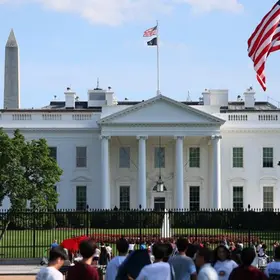T4K3.news
Trump reverses Biden order on competition
Trump revoked Biden's 2021 executive order promoting competition, signaling a shift in antitrust policy.
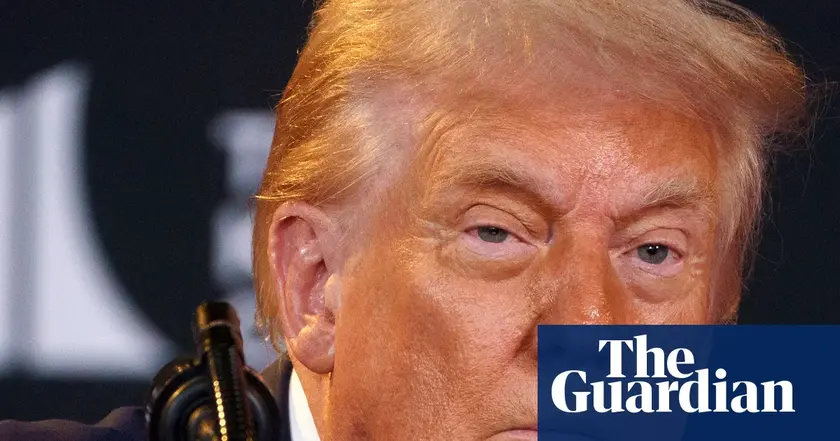
Trump revokes Biden's 2021 executive order to promote competition, signaling a major shift in antitrust enforcement.
Trump Reverses Biden Competition Order and Reshapes Antitrust Policy
Trump on Wednesday revoked the 2021 executive order issued by Biden to promote competition in the US economy. The White House confirmed the move, marking a reversal of a signature effort aimed at curbing anti-competitive practices in sectors from agriculture to healthcare and labor. The Justice Department welcomed the change, describing its preferred path as an America first antitrust approach that favors free markets over what it calls the Biden administration's overly prescriptive methods. It also cited progress in streamlining merger reviews under the Hart-Scott-Rodino Act and the use of targeted consent decrees.
Biden’s order, issued in July 2021, sought to strengthen enforcement against excessive market concentration and market power. Critics argued it could help consumers by reducing fees and costs associated with large mergers, while supporters said the policy would restore balance in industries with dominant players. The revocation raises questions about whether competition policy will remain a bipartisan concern or become a volatile political issue as lawmakers and agencies weigh how best to balance growth, innovation, and consumer protection.
Key Takeaways
"America first antitrust approach focused on free markets instead of the Biden administration's prescriptive approach"
DOJ description of the revocation
"overly prescriptive and burdensome approach"
DOJ critique of Biden's order
"enforce the antitrust laws to combat the excessive concentration of industry"
Biden's original aim
"Those moves have cost Americans at least $18bn in higher fees"
analysis cited by consumer groups
Policy swings like this show how antitrust enforcement can drift with political winds. The reversal highlights a longer-term tension: should the state steadily police market power or lean toward deregulation to please credit markets and investors? Either path can change the price of everyday goods and the cost of everyday services. The move also tests the idea that targeted tools such as streamlined merger reviews and strategic consent decrees can deliver consumer wins without broad regulatory overhauls.
Going forward, a pragmatic middle ground may serve the public better than periodic policy storms. A steady, evidence-based approach that preserves core antitrust safeguards while applying flexible rules could reduce uncertainty for businesses and households. In that light the Hart-Scott-Rodino updates and more precise consent decrees might offer a durable framework that protects competition without stalling investment.
Highlights
- Markets work best when rules stay steady
- Policy swings cost households more than they save
- Antitrust policy should protect consumers not corporate power
- A predictable framework beats constant overturns
Political and budget risk in antitrust policy reversal
The reversal injects political volatility into competition policy, with potential backlash from consumer groups and investors worried about regulatory clarity and budgeting for agencies.
A steady policy on competition matters more than the headlines around it.
Enjoyed this? Let your friends know!
Related News
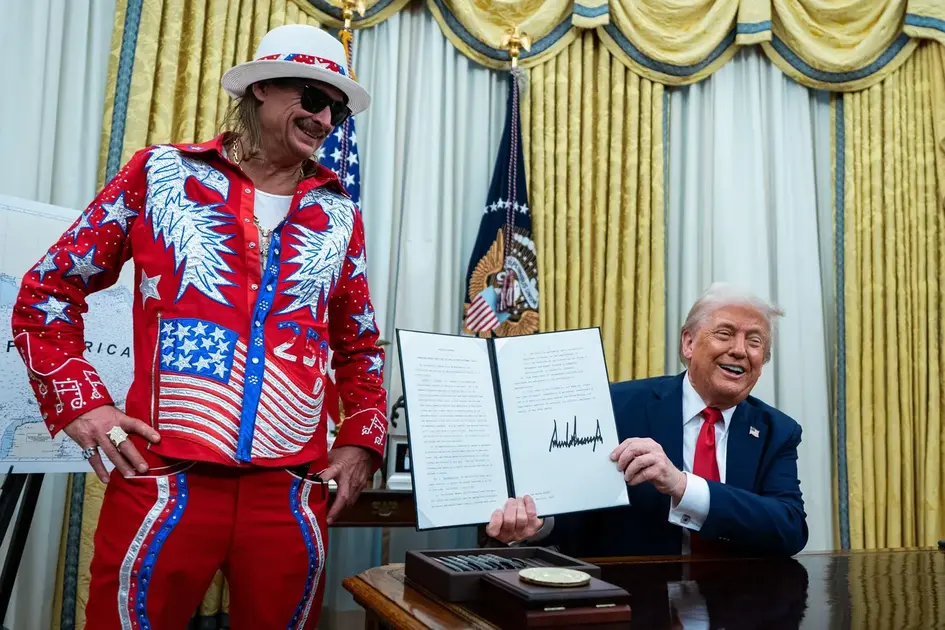
Trump revokes Biden competition policy
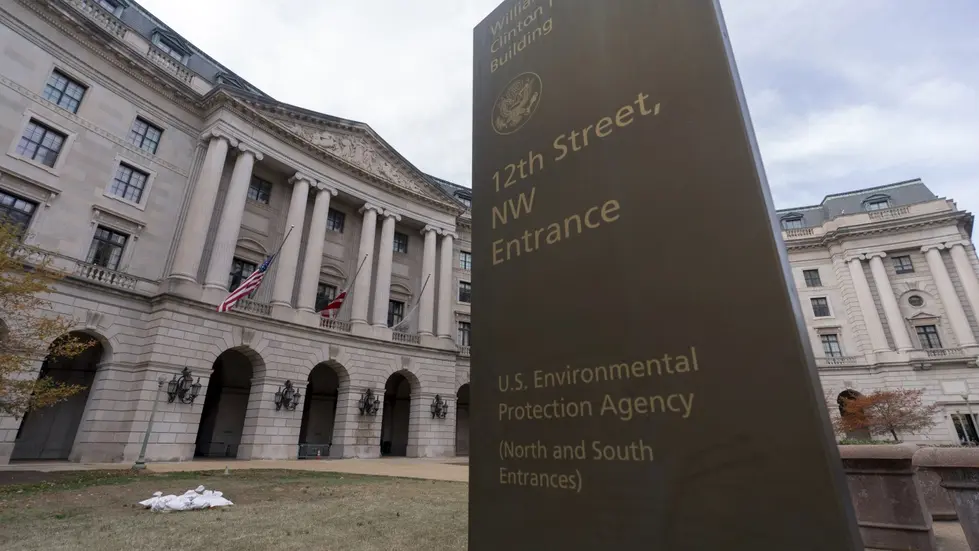
Trump administration files to revoke EPA greenhouse gas finding
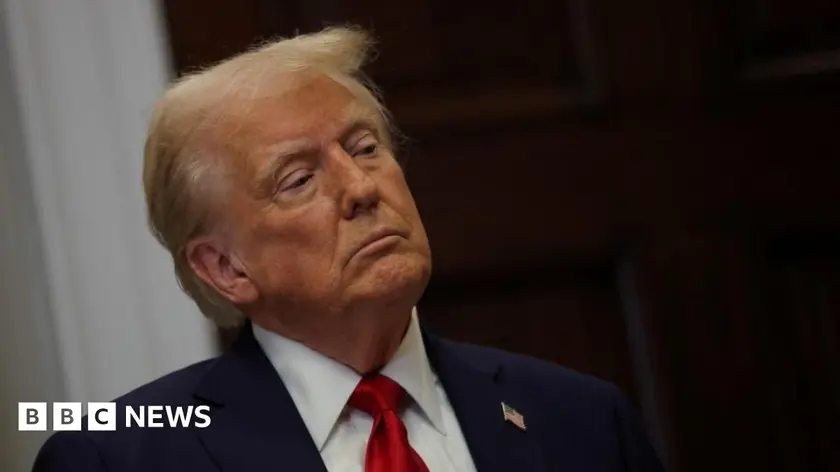
Trump announces AI Action Plan targeting regulations and bias

Capitol presence links Trump pick to January 6
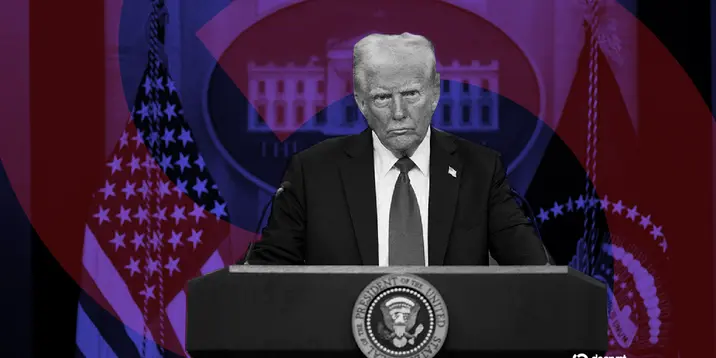
Trump takes action to support crypto industry
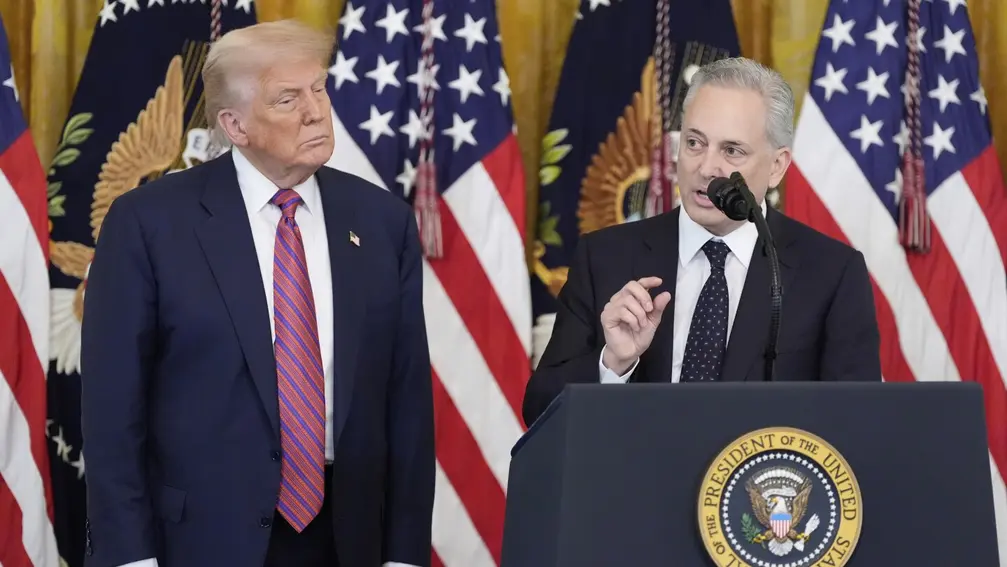
Trump reveals AI Action Plan shaped by tech leaders
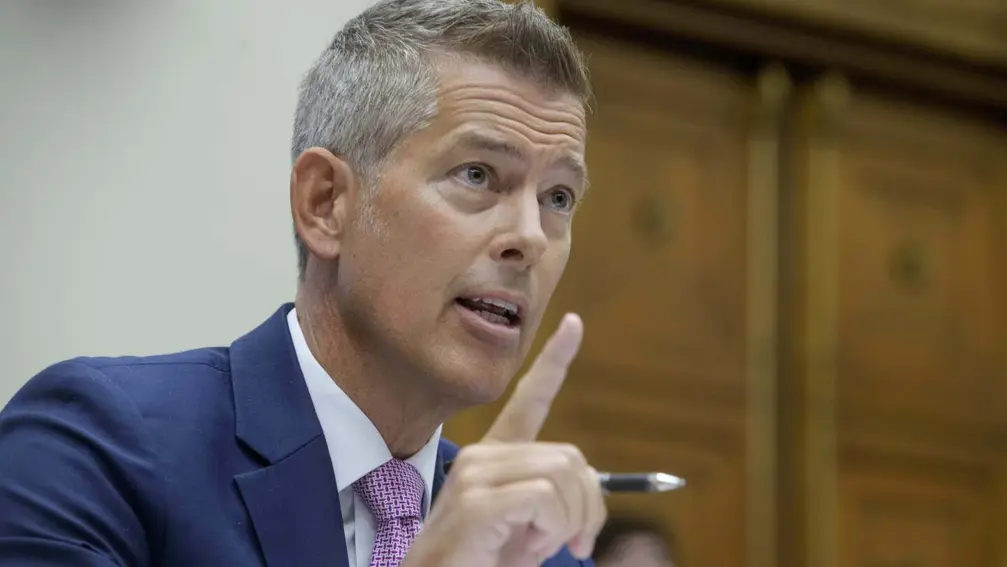
Flight restrictions imposed on flights from Mexico

Trump backs Nvidia deal with China
